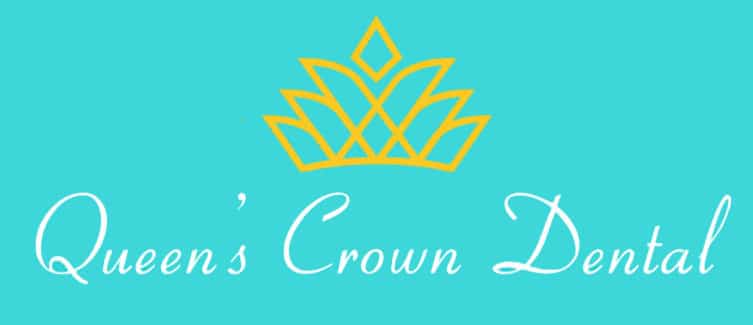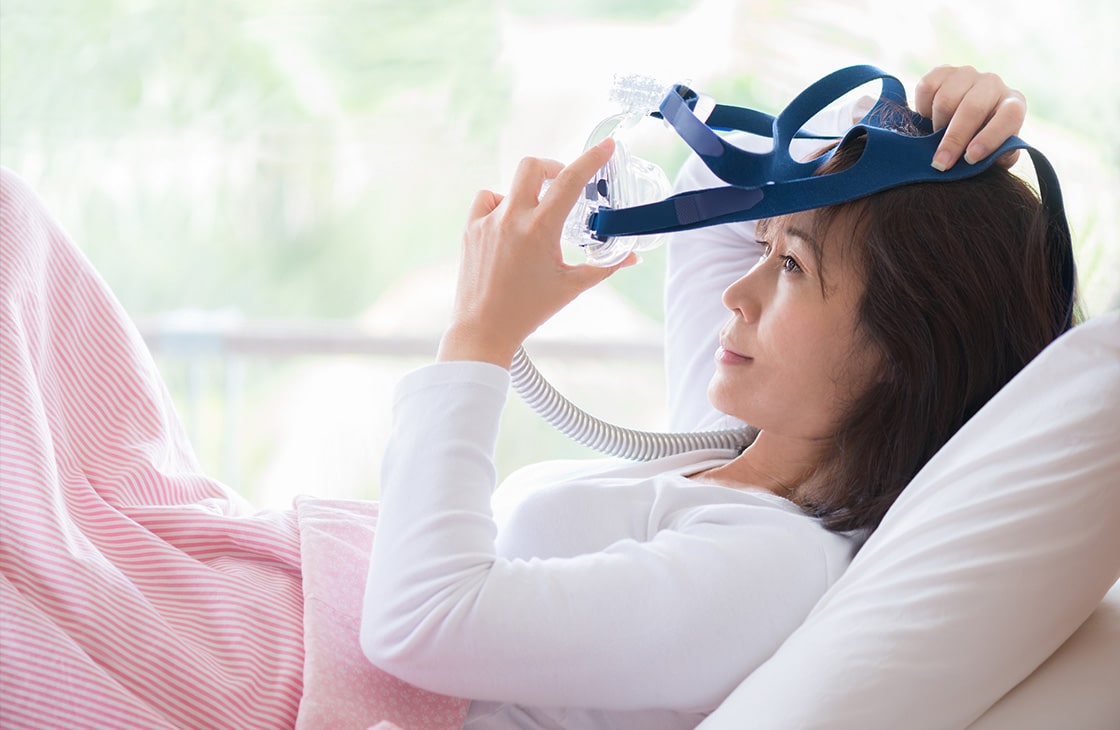
If snoring or sleep apnea is disrupting your rest, you’re not alone. These common sleep disorders can affect your overall health and daily well-being. Snoring happens when airflow causes throat tissues to vibrate, producing sound. While occasional snoring may be harmless, persistent snoring could be a sign of obstructive sleep apnea (OSA), a condition where breathing repeatedly stops and starts during sleep due to airway blockage. Left untreated, OSA can lead to serious health issues, including fatigue, high blood pressure, and cardiovascular problems.
At Queen's Crown Dental in Honolulu, we provide specialized solutions to help manage snoring and sleep apnea. Our customized oral appliances are designed to keep your airway open during sleep, promoting better airflow and reducing interruptions. These comfortable, non-invasive devices are an effective alternative for those who struggle with CPAP machines or prefer a more convenient option.
If you suspect that snoring or sleep apnea is affecting your health, don’t wait to seek treatment. A better night’s sleep can improve your energy, focus, and overall well-being.
Sleep Disruptions
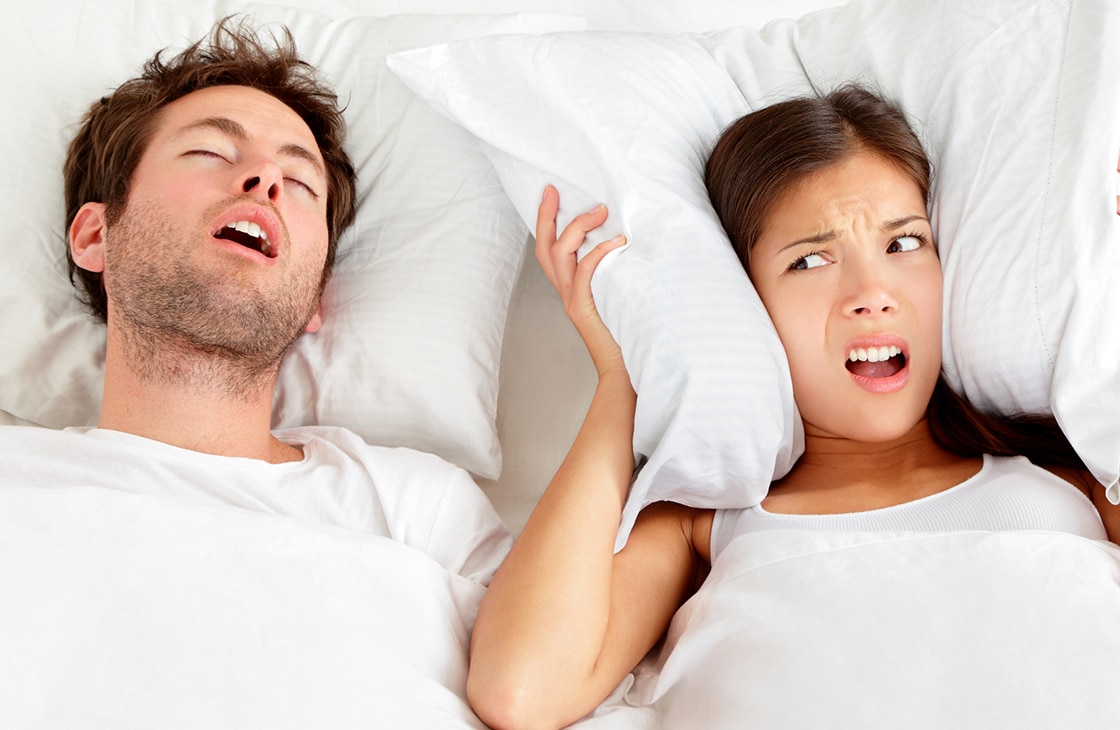
Snoring
Snoring is caused by narrowing or blocking of the airway. The disruption of airflow causes the soft palate and tissues of the throat to vibrate, and the narrower the airway becomes, the louder the snoring.
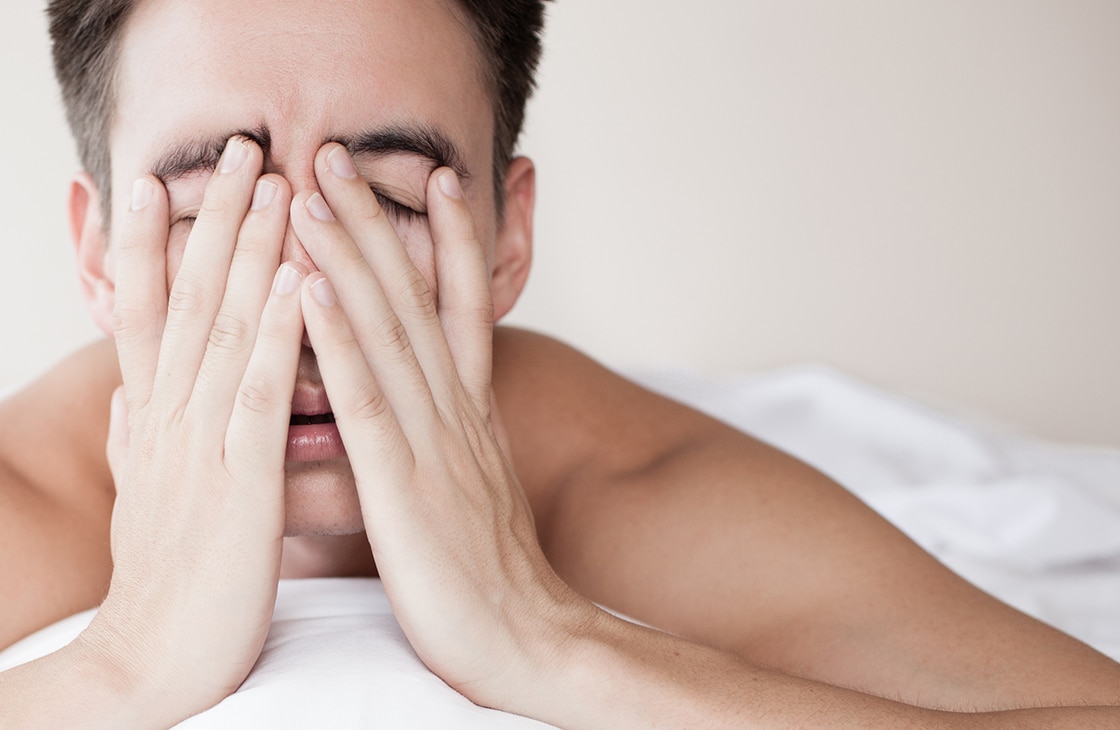
Sleep Apnea
Obstructive sleep apnea is caused by a physical blockage in the airway that causes pauses in breathing or shallow breaths during sleep. This is usually caused by the tongue or soft tissues in the neck, as they relax while the patient sleeps. The sleep disruption caused by sleep apnea can negatively impact your quality of restorative sleep, leaving you tired and irritable.
Sleep Medicine Treatments

Lifestyle Changes
Minor sleep disruptions can often be addressed with lifestyle changes such as weight loss, smoking cessation, or clearing your nasal passages.
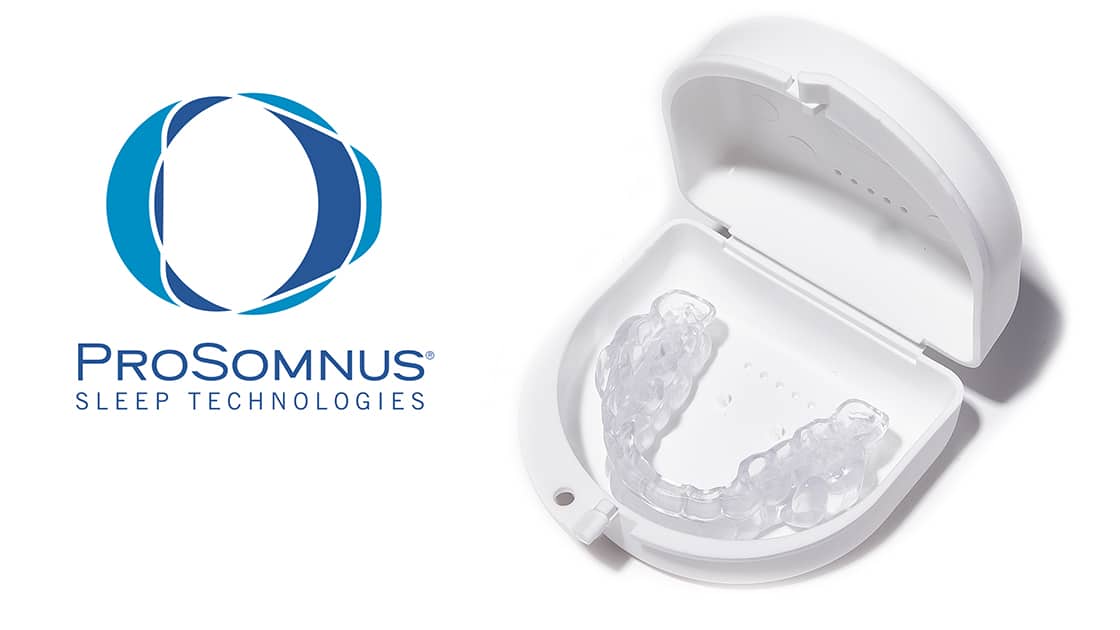
For patients that suffer from sleep disorders, we offer patient-specific ProSomnus sleep devices that can reduce snoring and mild to moderate Obstructive Sleep Apnea (OSA) by holding the lower jaw forward during sleep.
The least intrusive, most comfortable, patient preferred sleep appliance, custom-designed ProSomnus Sleep Devices are patient-specific, simple to use, comfortable, and easy to clean. Our office will provide customized instructions that will work best for each patient's treatment plan. The ProSomnus device may also have a compliance sensor that will log the amount of time the device is worn so that the treatment plan can be adjusted accordingly.
*Text provided by ProSomnus

If you find that oral appliance therapy does not help reduce your sleep apnea symptoms, then CPAP, or continuous positive airway pressure, can successfully treat obstructive sleep apnea. CPAP technology utilizes a mask that delivers a supply of positive air that is strong enough to push the air through the blockage.
What is Sleep Apnea?
Sleep apnea is a disorder characterized by snoring and pauses in breathing while sleeping. When you lay down, especially on your back, the soft tissues of your mouth slide back toward your throat and your throat tissues collapse, blocking your airway. Snoring is the sound of the vibrations these tissues make as air passes over them. Your airway may also become completely blocked, causing you to stop breathing for periods of time until you wake up enough to change positions and resume breathing.
Queens Crown Dental provides sleep apnea treatment in Honolulu, Hawaii. Call 808-526-2800 or contact us today to schedule an appointment.
Benefits of Sleep Apnea Treatment
- Get better quality sleep. When you get treatment for your sleep apnea, you can get better quality sleep each night. You’ll experience better health and wellness.
- Stop disturbing your partner’s sleep. By seeking treatment for your sleep apnea you can stop snoring and avoid tossing and turning as much at night. Your partner/spouse will certainly appreciate it, and get better quality sleep themselves.
- Have more energy throughout the day. Better sleep at night gives you more energy during the day. You may find that you don’t feel the afternoon slump you’re used to feeling and that you’re more likely to exercise each day.
- Avoid health risks associated with poor quality sleep. Studies have shown that lack of sleep can lead to high blood pressure, diabetes, heart attack, heart failure, stroke, obesity, depression, reduced immune system function, and lower sex drive.
Treatment Options
Sleep apnea is typically treated in one of two ways:
- Oral appliance. An oral appliance, also known as a mouthguard or a snoring mouthpiece, repositions the jaw and tongue to prevent snoring and keep the airway open.
- CPAP machine. CPAP stands for continuous positive airway pressure. It consists of a mask you wear over your mouth and nose that connects to a machine that blows a constant stream of air into your airway to keep it open.
Many patients find that an oral appliance is effective and preferable CPAP alternative because it is compact, comfortable, and quiet. However, in some cases a CPAP machine is required for effective treatment of sleep apnea.
Are You a Good Candidate for Sleep Apnea Treatment?
- Dry mouth
- Irritability
- Wake up gasping for air
- Sleepiness or dozing off easily during the day
- Morning headaches
- Someone tells you that you snore
Why Choose Queens Crown Dental?
You could go to your primary care physician or a sleep specialist for sleep apnea treatment, but to get an oral appliance you need to see a dentist. Queens Crown Dental can not only diagnose sleep apnea, but also provide you with a sleep apnea appliance that is custom made to fit your mouth comfortably. We diagnose and treat patients of all ages who suffer from sleep apnea from children to older adults.
Frequently Asked Questions
How is sleep apnea diagnosed?
There are a variety of ways to diagnose sleep apnea. In some cases we only need to listen to your symptoms to have a pretty accurate idea of the issue. In other cases a sleep study may be necessary to evaluate your sleep habits and oxygen levels. Start by contacting us and scheduling an appointment.
Can you suffocate from sleep apnea?
When sleep apnea causes you to stop breathing while you’re asleep, your brain will typically register the lack of oxygen and rouse you from sleep enough to change positions and resume breathing. It is uncommon for a child who is beyond infancy or an adult to suffocate without waking up, but it can happen.
Does insurance cover sleep apnea treatment?
In most cases medical insurance will cover treatment for sleep apnea, either in the form of an oral appliance or a CPAP machine as long as it is deemed medically necessary. It will most likely only cover a certain percentage of the cost.
Is there anything I can do to cure sleep apnea on my own?
It can help to lose weight, stop smoking, and keep your nasal passages clear at night. Breathing through your nose is the preferred method of breathing while sleeping, so taking a decongestant or using nasal strips may prevent your airway from becoming blocked.
To learn more, call 808-526-2800 or contact us today to schedule an appointment.
